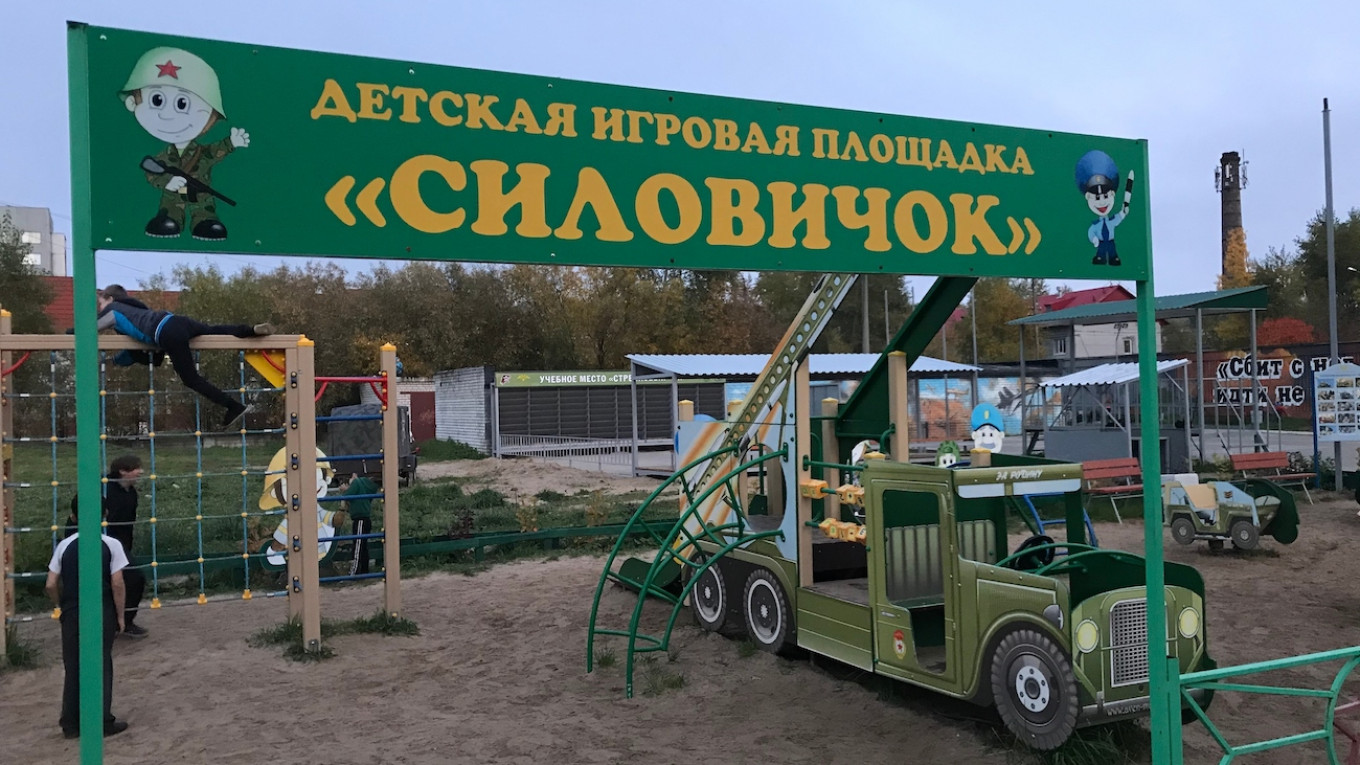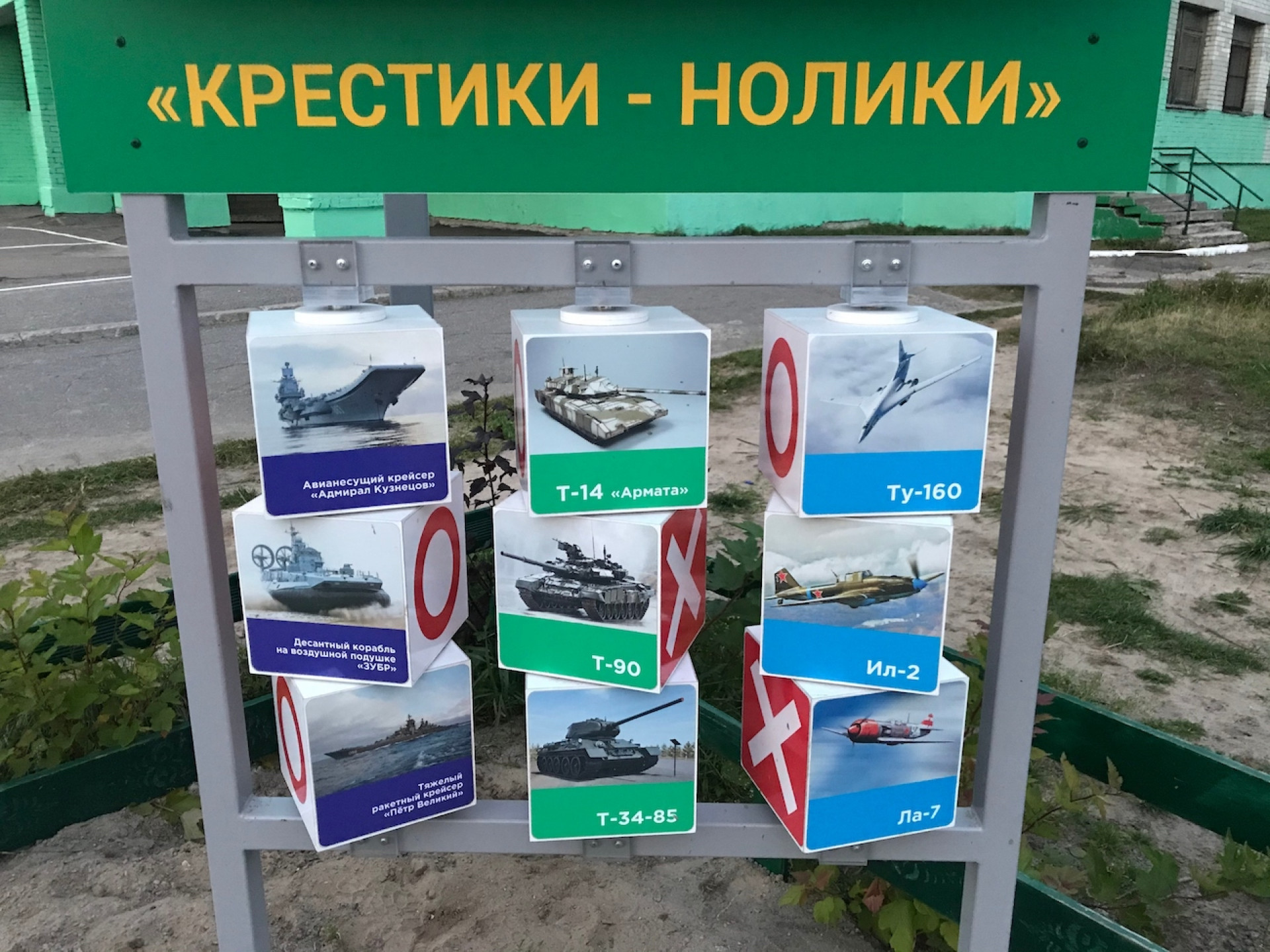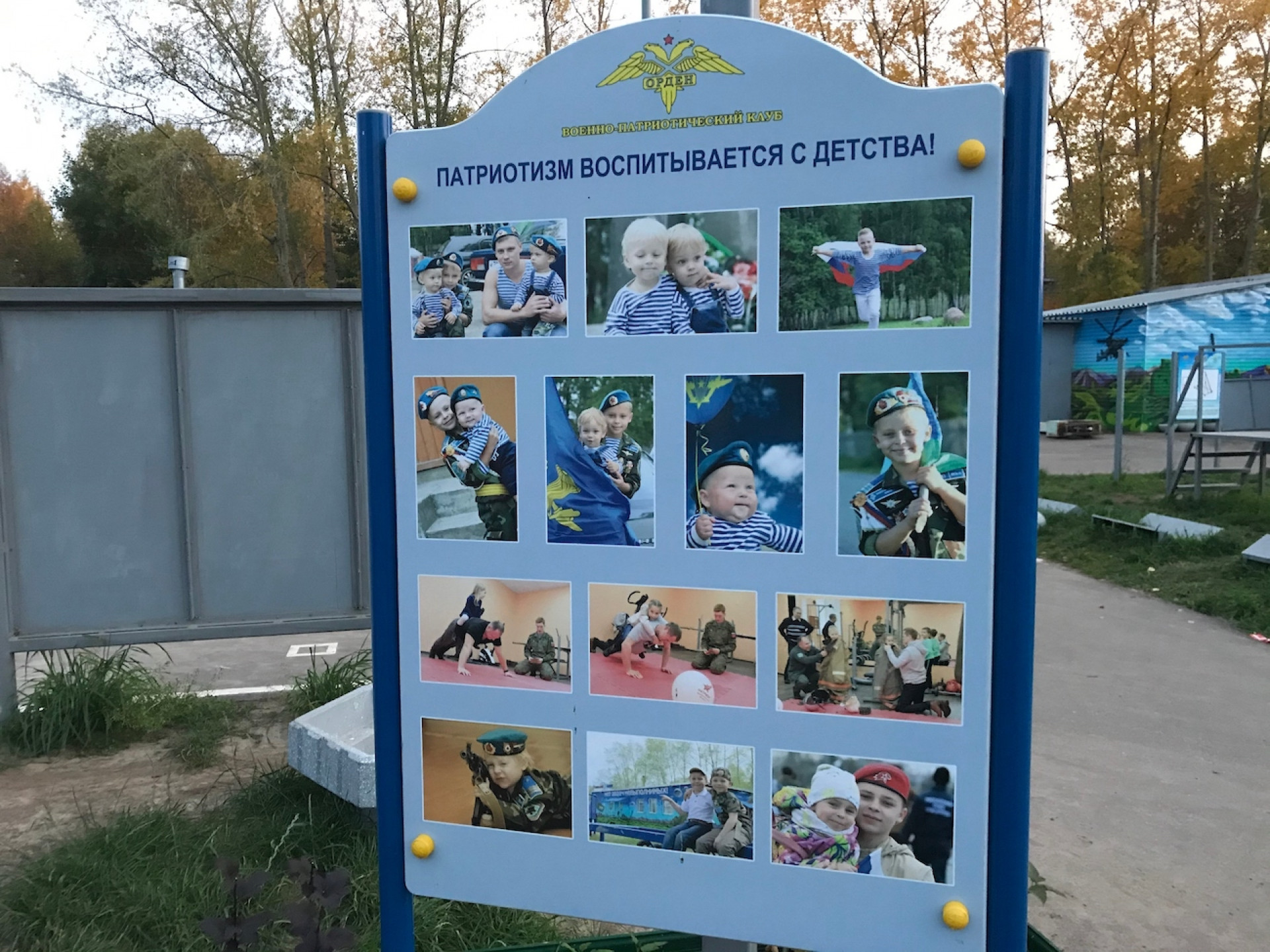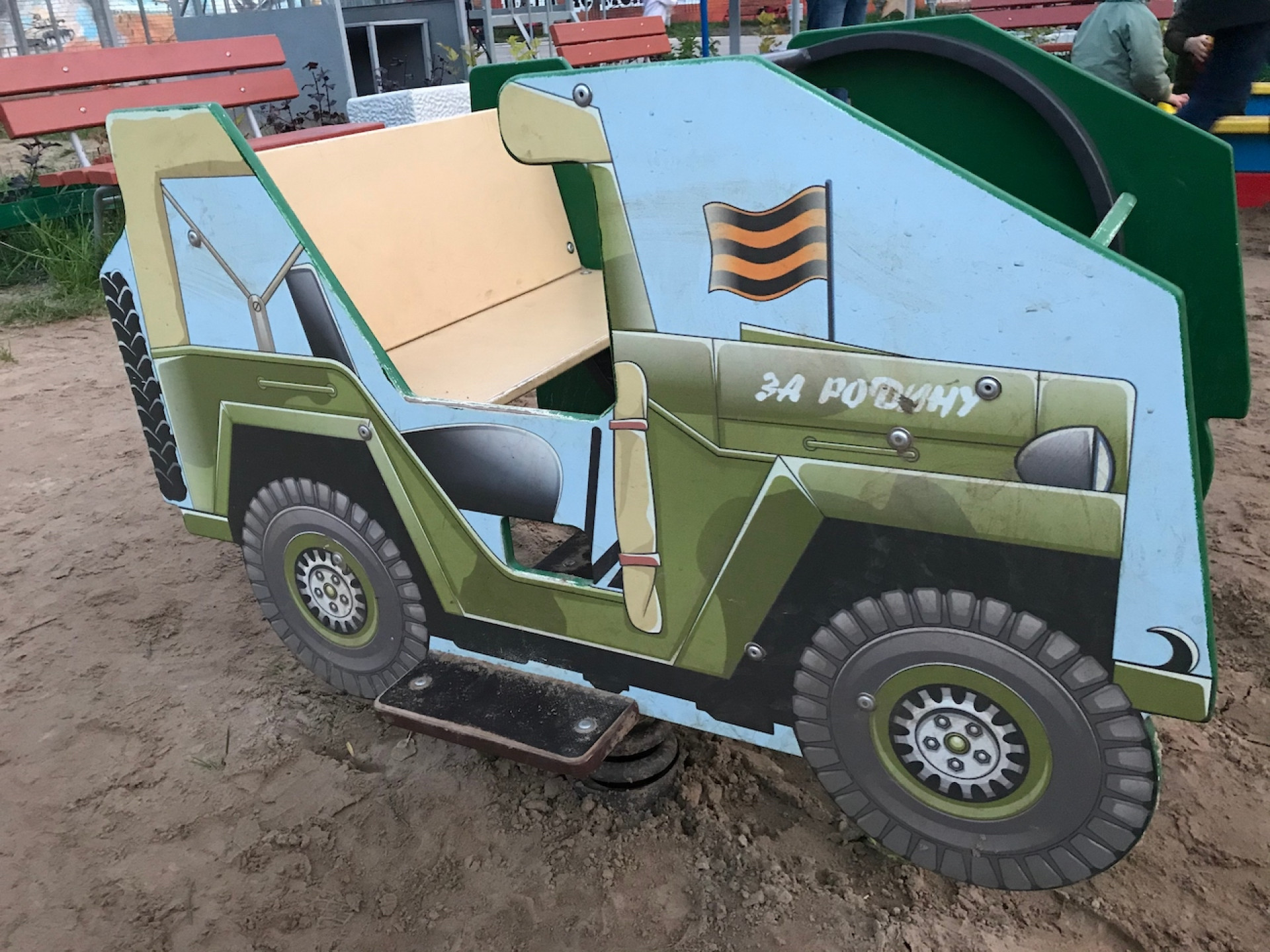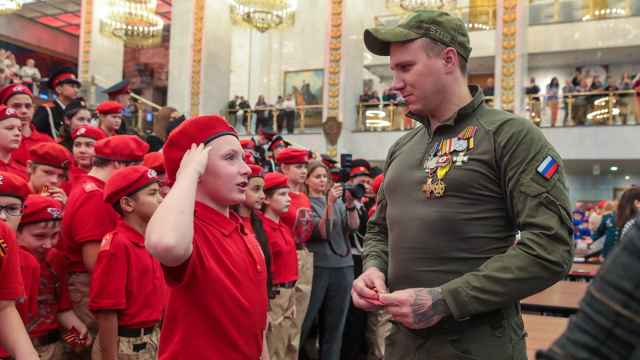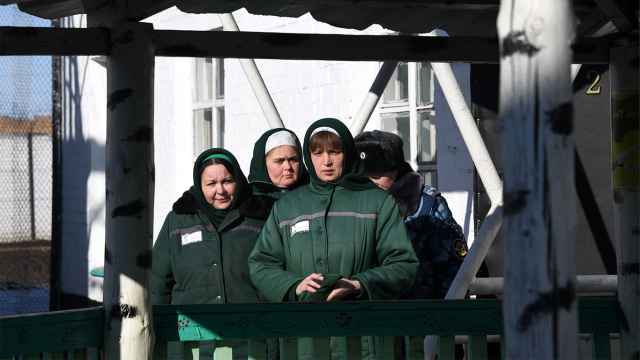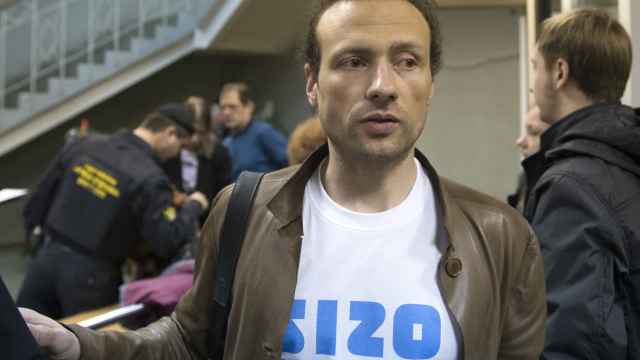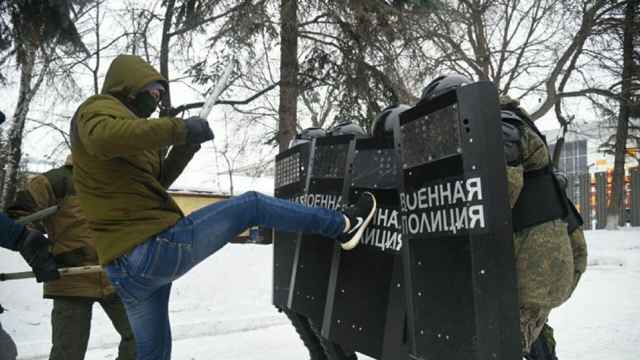A military-patriotic children’s playground in northern Russia has rekindled debate over the militarization of young Russians amid President Vladimir Putin’s efforts to cement patriotism as a unifying national idea.
Social media users were divided after images of the “Silovichok” playground, which opened this summer in the city of Arkhangelsk, circulated online this week. They depicted tank-shaped merry-go-rounds, warplane-shaped jungle gyms and other equipment painted army green and featuring other military symbols.
“They’re not instilling patriotism from childhood but love of war,” wrote the popular urban activist and blogger Ilya Varlamov, commenting on a sign at “Silovichok” that depicts children wearing uniforms.
The playground’s creators dismissed the criticism as a product of the liberal opposition that supports Kremlin critic Alexei Navalny. Navalny, 44, is recovering in Germany after what Berlin said was a poisoning attempt by the nerve agent Novichok.
“We’re being criticized for offering children games with obvious militaristic overtones,” Svetlana Vlasova, who heads the Arkhangelsk-based military-patriotic club Orden behind “Silovichok,” told the state-run RIA Novosti news agency.
“We’re not dragging anyone here by force. Find another playground if you don’t like this one,” Vlasova said.
She added that “Silovichok’s” creation was inspired by the 75th anniversary of the Soviet victory over Nazi Germany in World War II.
The word “Silovichok” is a diminutive of the Russian silovik, a member of the military or security services within the government bureaucracy.
Heated debates over the militarization of the Russian youth date back to Putin’s establishment of the Youth Army in 2015, which has drawn unfavorable comparisons to the Hitler Youth.
This year, Putin has moved to add war history and patriotism to the national school curriculum and last year began sending delinquent juveniles to military-patriotic re-education camps. Also in 2019, Russian state television launched a channel targeting young viewers with 24/7 coverage of World War II.
These efforts have been accompanied by an increasing number of news reports of Russian schoolchildren being taught to assemble weapons and marching while donning military uniforms and holding mockups of rifles.
A Message from The Moscow Times:
Dear readers,
We are facing unprecedented challenges. Russia's Prosecutor General's Office has designated The Moscow Times as an "undesirable" organization, criminalizing our work and putting our staff at risk of prosecution. This follows our earlier unjust labeling as a "foreign agent."
These actions are direct attempts to silence independent journalism in Russia. The authorities claim our work "discredits the decisions of the Russian leadership." We see things differently: we strive to provide accurate, unbiased reporting on Russia.
We, the journalists of The Moscow Times, refuse to be silenced. But to continue our work, we need your help.
Your support, no matter how small, makes a world of difference. If you can, please support us monthly starting from just $2. It's quick to set up, and every contribution makes a significant impact.
By supporting The Moscow Times, you're defending open, independent journalism in the face of repression. Thank you for standing with us.
Remind me later.


